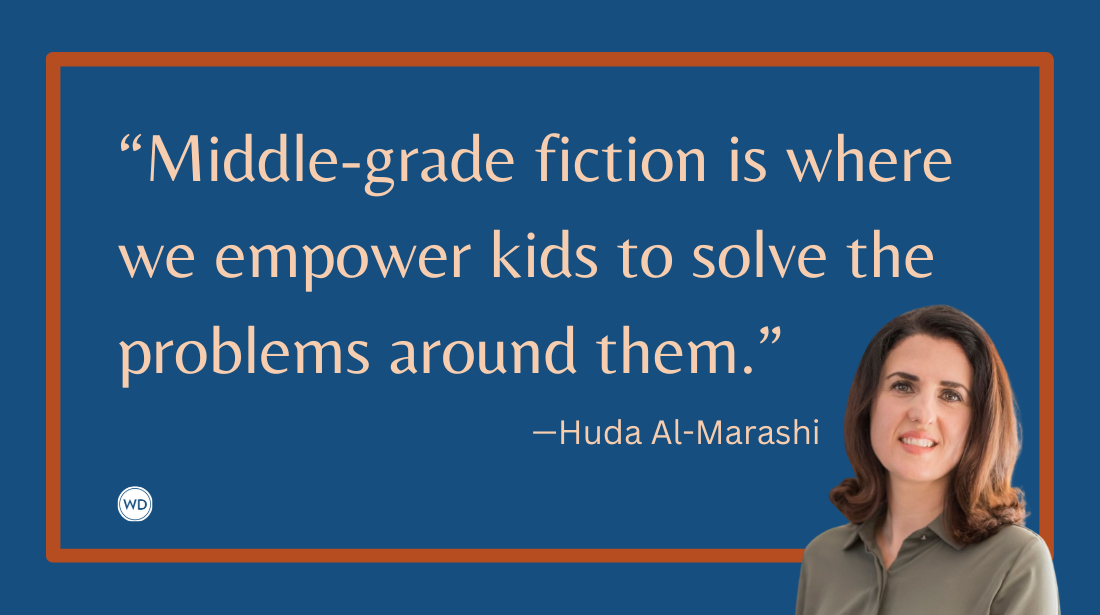Too Seen: The Intimacy of Copy Editing
Novelist A.E. Osworth discusses their experience working with a copyeditor for their novel We Are Watching Eliza Bright and how the experience made them feel Witnessed.
I have always had a healthy respect for copyeditors, mostly because it’s not a skill I can even pretend I possess. Once, in my stint as a managing editor of a scholarly publication, I had to do a round of copyediting when our copyeditor fell off the planet in the middle of the process. It was a veritable dumpster fire. The best I could do was fix the placement of some commas and pray to the citation gods that I remembered how Chicago-style footnotes worked. I have never hired a person so quickly as our next copyeditor, and I went back to making Gantt charts like God intended.
I was so used to managing the process of copyediting, but somehow, when it came time to copyedit We Are Watching Eliza Bright (my novel), I’d forgotten that it was something that was going to happen. I was actively surprised to see copyedits land in my inbox. Perhaps, having needed to wish myself into a temporary copyeditor at one point, I’d blocked out this step. When I received the email, my first thought was, my God. How does a person even copyedit this book? It has two collective narrators, one of whom does not use a single period throughout their entire prosaic existence. The Sixsterhood is a queer art commune that lives in a warehouse in Queens, New York. They capitalize words they find meaningful, and always the words We and Us (for they value their own collectivism most of all). And the other narrator is Reddit, specifically the incels, men’s rights activists, and gamers of a fictional subreddit dedicated to the fandom of a fictional game. They use misogynistic phraseology, internet-speak sentence fragments, and a healthy sprinkling of Dungeons and Dragons references. I thought back to the solid two weeks I spent agonizing over the placement of quotation marks as outlined in our style guide. How, how, how?
I braced myself as I opened the email, convinced that I was about to have to explain myself and my choices. Sure that I was about to spend endless hours removing every period from The Sixsterhood narrator and reinserting them in the Reddit narrator. How could I explicate that the phrase “Powerful Anger Circle,” a concept that’s basically a queer in-joke and that I made up, should always be capitalized? I clicked on the style sheet and winced as I saw, yes, The Chicago Manual of Style cited first. What followed was anything but a stodgy description of all the ways my writing was made acceptable. Instead, it was a description of every deliberate choice that I made. A running list consisting of statements like: “There are no periods in chapters narrated by the Sixsterhood, where capitalization and punctuation are deliberately stylized,” and, “The typos, lack of punctuation, and incorrect grammar in the instant messaging chats are deliberate.”
IndieBound | Bookshop | Amazon
[WD uses affiliate links.]
I was elated. The style guide was a romp and a read—and copyeditor Rick Ball did, indeed, read me to filth: “Double negatives (He is never effortful nor effortless) are okay,” and, “The author uses the semicolon as a strong comma with sentence fragments.” I shrieked and tweeted that all copyeditors deserve a medal and a chocolate bar, but especially mine because apparently, I wrote a 419-page book without understanding how hyphens work.
When I teach, I say that one of the most helpful things we can do is summarize for an author in workshop what it is we, the readers, believe they are doing. That is what my copyeditor did. I landed on: “Scare quotes are used to signify “so-called” (the “real” world).” It was striking, the sentence he chose as an example. Because it is a central pillar of the book, the idea that all facets of our reality are as real as the next. My understanding of copyediting shifted—I’d been used to academic standardization, but the copyediting of a novel is more like another revision. It is a way to turn the dial up on the text, to bring it in line with itself, make it more itself.
Next, the section on characters. An excerpt:
“Jon Stewart
Judith Butler
Kate (Taming of the Shrew)
Kau (Neopets)
Kevin Mitnick”
And terms:
“easy XP
edgeness (n)
Elizasaurus
enboobened (adj)”
To see Jon Stewart placed directly next to Judith Butler, to read the cartoon character from an internet game of my childhood sandwiched between a reference to Shakespeare and the name of an iconic hacker, to see gaming terms and technology words bumped up against words I made up (edgeness, enboobened)—it honestly made me feel Witnessed. And yes, I mean the capital letter. What is Witness, exactly? Most often, it’s related to seeing a crime occur, but the more expansive definition means to have knowledge of an event or change as a result of firsthand experience. This list of terms and people don’t just illuminate the events and concerns of my life in the six years it took me to write the book; they provide evidence of the changes present in all eras of my life, from 11 to 32. When one sits down to write, it’s impossible to do anything but bring all of a self into the process. It’s impossible to hide. What I saw wasn’t just a catalog of how my artistic brain works, but how my brain works full stop. A record of my speech patterns and my past, brought to bear on a style guide. A distillation. I have never met my copyeditor. But he has met me.
A.E. Osworth is a queer, trans, and non-binary writer and part-time faculty at The New School, where they teach digital storytelling to undergraduates. Their work has been published in Autostraddle, Quartz, Mashable, Electric Literature, Guernica, and Paper Darts, among others.









